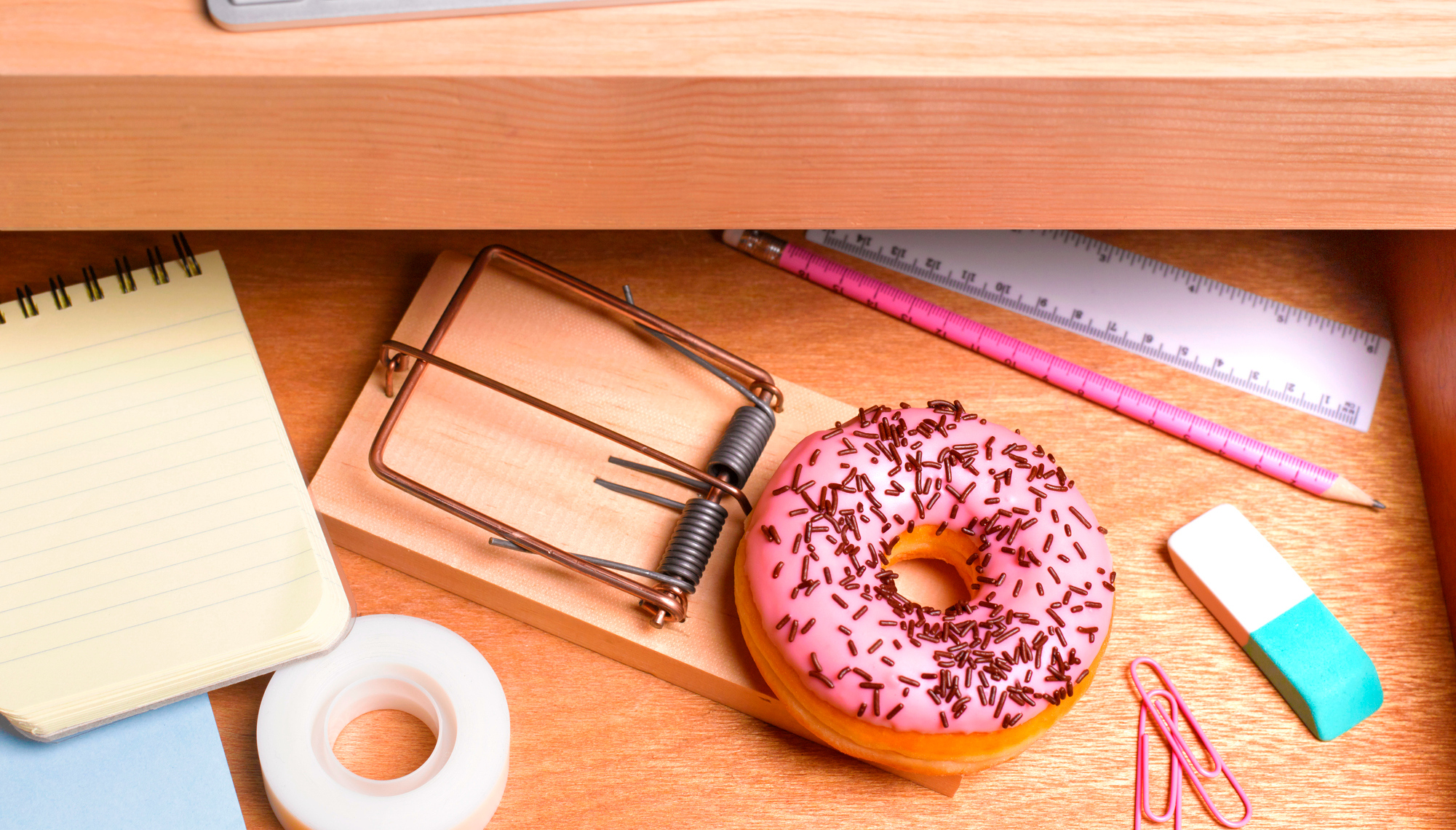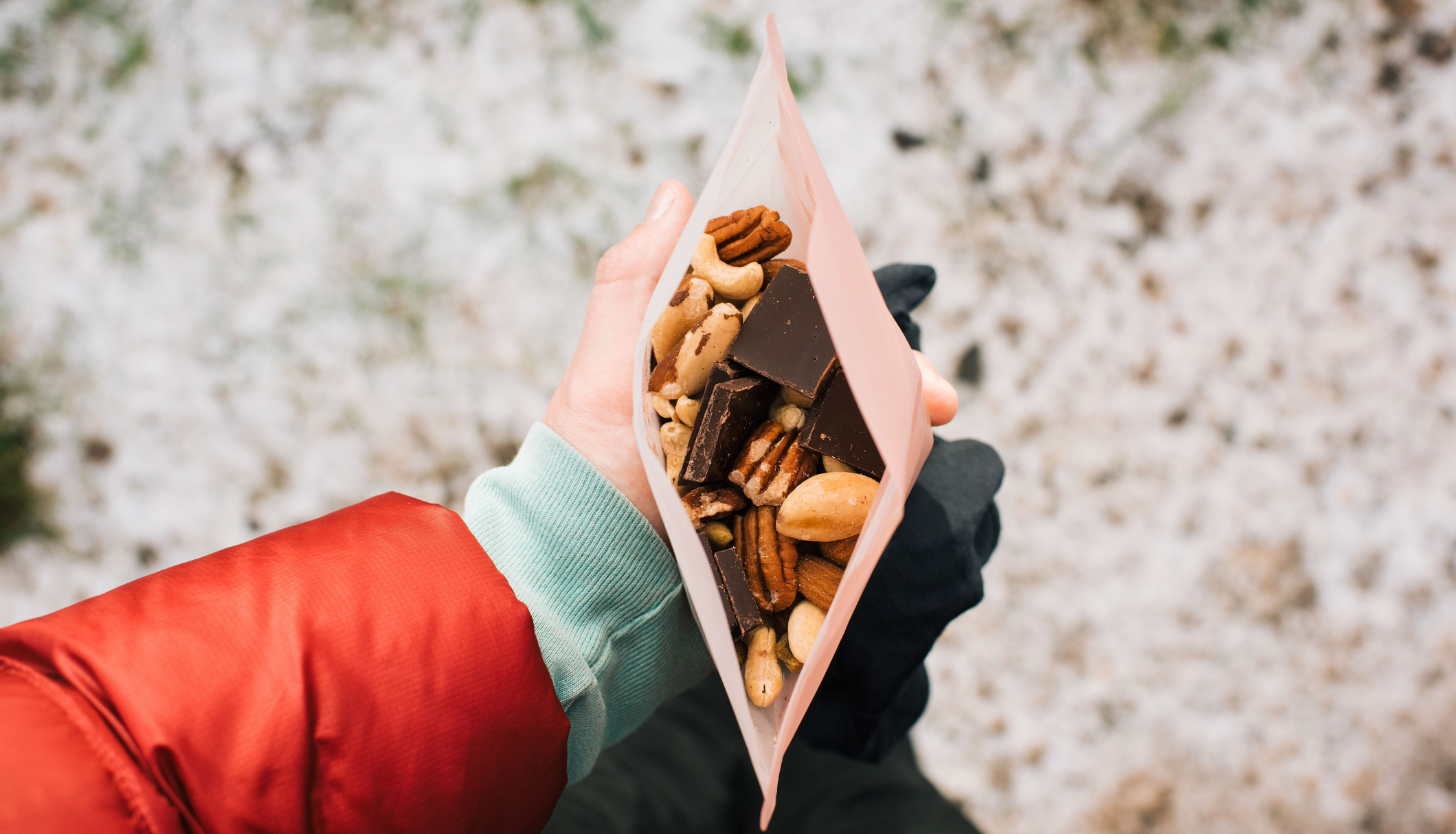The one thing this weight-loss expert says you should do to change your relationship with food for good
A doctor shares her controversial opinion about "unhealthy" foods

Many of us are caught in a cycle of dieting and lapsing into bad eating habits, associating food with feelings of guilt and shame. So how can we break out of this cycle and change the way we think about—and eat—food?
I talked to women’s health and weight loss expert, TEDx speaker and medical doctor Dr Aileen Alexander, to get her take on the best way to change our relationship with food.
Here's the idea in five simple words.
There are no bad foods
Alexander's top tip is not to put an outright ban on any foods the way we often do when following a traditional diet. "We need to make sure that we're not demonizing certain foods—this is good, that's bad," says Alexander. "We still get to have ice cream, we still get to have chocolate in our diet if we want it." The rationale is that cutting foods out or labeling them as bad is a sure way to keep on craving them, and eventually we will give in.
"Not everyone would agree with this," says Alexander. "There's a lot of stuff in the media and books about ultra-processed foods and how they’re bad for your microbiome. Ultimately they're not healthy foods. It would be negligent of me to sit here as a medical doctor and say chocolate is a healthy food. It's not, but what I find is when people go cold turkey and cut these things out completely, it's really, really difficult for them to stick to it."
Instead, you could begin to decrease the amount of those foods you eat, and eat them in combination with other, healthier foods. Rather than grabbing a chocolate bar as a snack, have some fruit or nuts with a small amount of dark chocolate, for example.

Alexander suggests combining less healthy foods with healthier ones, rather than banning them outright.
Not banning certain foods is an important part of Alexander’s holistic approach to eating, which is all about treating yourself with more compassion, rather than judging yourself for eating "unhealthy" foods. "You need empathy, compassion and lots of curiosity," says Alexander.
Start your week with achievable workout ideas, health tips and wellbeing advice in your inbox.
It can be helpful to reframe how we think about certain less-healthy foods. "I ask people to re-label it as non-optimal food," says Alexander. "It's not a bad food. It's not a sin. It's not a treat food. It's a non-optimal food, in that it's not nutritionally optimal."
"A healthy relationship with food involves all kinds of foods to help feed and nourish our bodies while enjoying what we eat," says Alexander. "If we said there were bad foods, we wouldn't be having all different kinds of foods."
Social and mental wellbeing is also an important aspect of a healthy relationship with food. "We have to remember that food isn't just fuel. There's a nourishment part. And I think the nourishment part also encompasses social wellbeing. So sometimes when we eat at restaurants and things, some of the food is processed, and that’s ok.
"Then there's the enjoyment factor. Mental and social wellbeing are so important and often completely overlooked. So I think having a little bit of these foods in the diet so we don't then crave them is fine, as long as we're having them in moderation, not for breakfast, lunch and dinner."
Camilla Artault is a fitness writer with a passion for running and yoga. She interviews experts and writes about a wide range of topics for Fit&Well encompassing health, fitness and nutrition.